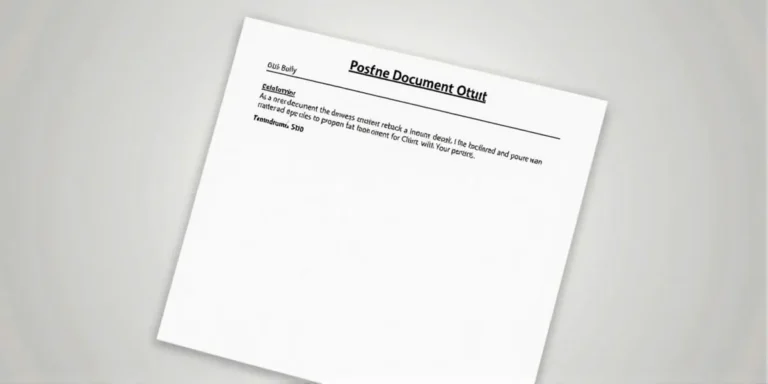Many people in California mistakenly assume that estate planning and a will are the same. In truth, a will is only one part of the larger process of estate planning. California law provides specific requirements for each, and failing to understand the difference can leave families vulnerable to lengthy court proceedings or unexpected costs. While both serve the purpose of directing how property and decisions are handled, they operate at very different levels.
 A will in California is a legally binding document that outlines how property should be distributed after death. Under California Probate Code, a valid will must be signed by the testator and witnessed by two competent adults. It can designate guardians for children and name an executor to oversee the estate. However, a will does not shield an estate from probate court, which is a public, time-consuming, and often expensive process. For this reason, relying only on a will has limitations in both control and efficiency.
A will in California is a legally binding document that outlines how property should be distributed after death. Under California Probate Code, a valid will must be signed by the testator and witnessed by two competent adults. It can designate guardians for children and name an executor to oversee the estate. However, a will does not shield an estate from probate court, which is a public, time-consuming, and often expensive process. For this reason, relying only on a will has limitations in both control and efficiency.
Estate planning, on the other hand, is a comprehensive strategy that goes far beyond writing a will. It can include living trusts, durable powers of attorney, advance healthcare directives, and beneficiary designations. California law recognizes living trusts as an effective way to avoid probate, keeping asset distribution private and faster for heirs. Estate planning can also address incapacity during life, manage tax obligations, and protect assets from creditors. A well-designed plan provides coverage for situations a simple will cannot.
| Feature | Will Only | Estate Plan (with Trusts & Directives) |
|---|---|---|
| Avoids Probate | ✗ | ✓ |
| Names Guardian for Children | ✓ | ✓ |
| Manages Incapacity | ✗ | ✓ (Power of Attorney, Trust) |
| Controls Healthcare Decisions | ✗ | ✓ (Advance Directive) |
| Privacy of Asset Distribution | ✗ (Public) | ✓ (Private Trust) |
| Tax and Asset Protection | Limited | Comprehensive |
Practical tips for Californians include creating a revocable living trust to bypass probate, regularly updating beneficiary designations on insurance and retirement accounts, and ensuring powers of attorney and healthcare directives are current. Couples should also consider holding property as community property with right of survivorship, which allows automatic transfer without probate. Reviewing documents after life changes, such as marriage, divorce, or the birth of children, ensures the estate plan reflects current wishes and complies with California law.
In summary, estate planning is not the same as a will. A will is an essential piece of the puzzle, but estate planning is a more complete approach to protecting assets, avoiding probate, and ensuring healthcare and financial decisions are respected. Californians who treat estate planning as a proactive process rather than a single document will gain more control, reduce stress for their loved ones, and safeguard their legacy.






